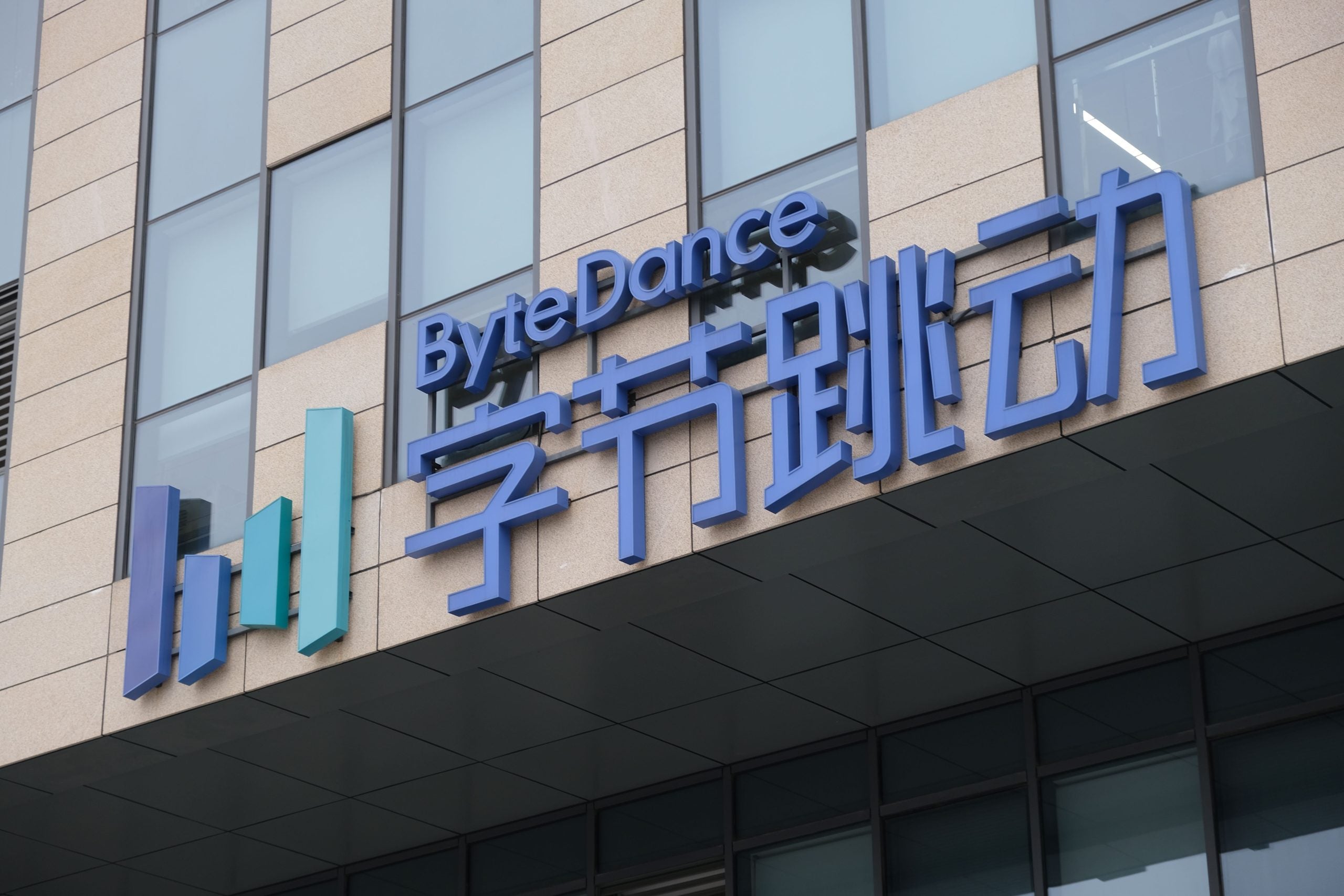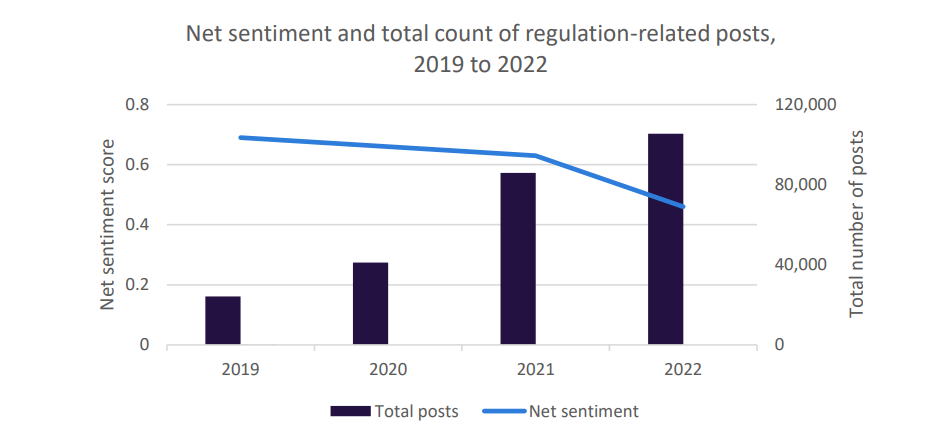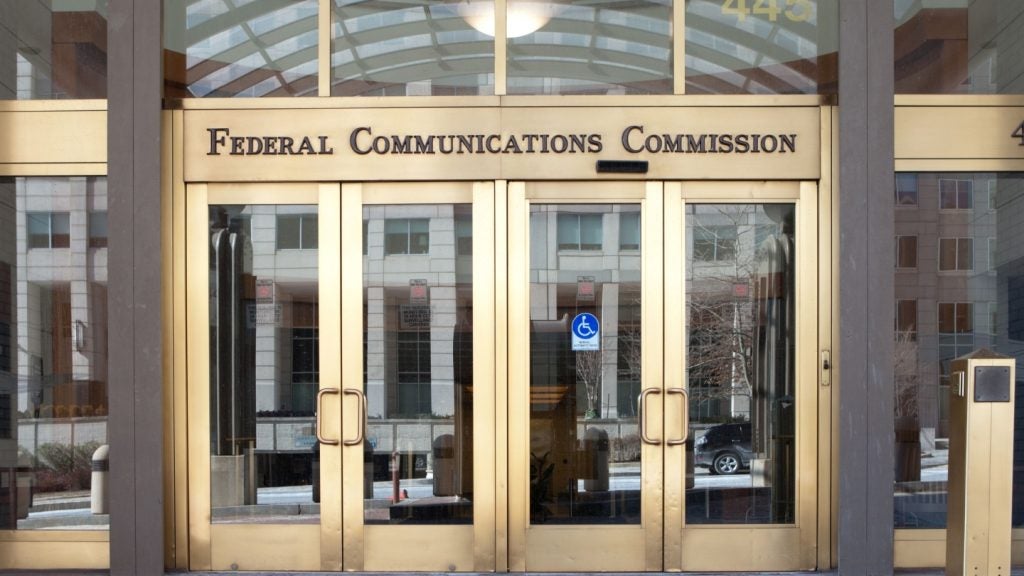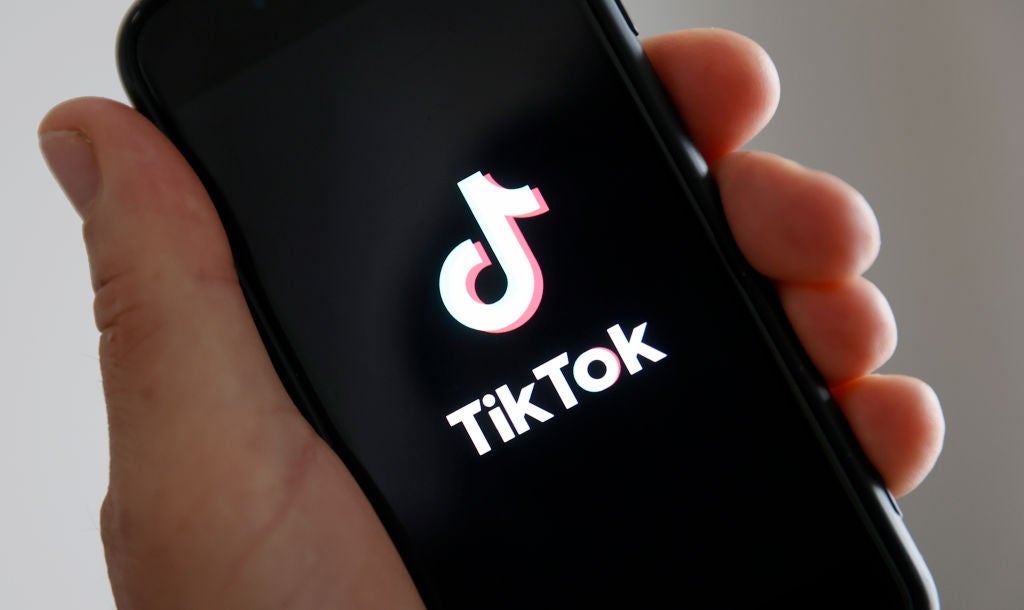
A federal judge in the US has halted Montana’s ban on TikTok, asserting that it infringes upon users’ free speech rights.
In a landmark decision, US District Judge Donald Molloy deemed the prohibition unconstitutional, stating it “violates the Constitution in more ways than one” and exceeds the state’s jurisdiction.
TikTok, with 150 million US users, predominantly in their teens and 20s, has been subject to global scrutiny amid concerns that user data might be accessible to the Chinese Government.
In May, Montana became the first US state to enact a ban, with the law due to take effect on 1 January 2024. TikTok, the short-video-sharing platform owned by China’s ByteDance, swiftly responded with a legal challenge one week after the ban was passed.
The legislation aimed to criminalize the availability of TikTok on app stores, imposing fines of up to $10,000 on non-compliant businesses. However, Judge Molloy’s ruling sided with TikTok, safeguarding the rights of its users.
TikTok expressed satisfaction with the decision, labelling the ban an “unconstitutional law” that has now been rejected. The platform highlighted that “hundreds of thousands of Montanans can continue to express themselves, earn a living, and find community on TikTok.”
Montana’s state attorney’s office, on the other hand, conveyed that it is contemplating its next course of action to defend the law designed to protect citizens from potential data acquisition and utilisation by the Chinese Communist Party.
Montana prohibited TikTok on government devices in December 2022. With a population of just over one million, the state’s legal move garnered attention and set a precedent.
During a congressional hearing in March, TikTok CEO Shou Zi Chew assured that the app would not engage in espionage against Americans. However, he did acknowledge instances where employee monitoring of journalists’ accounts had occurred.
In March, the US Government suggested that ByteDance, TikTok’s parent company, either sell the platform or face potential bans in the country. Following this trend, Nepal joined other nations, including India, in prohibiting TikTok last month, citing concerns about content adversely affecting social harmony.
ByteDance has consistently refuted allegations that it is controlled by the Chinese Government. The ongoing legal battles and international restrictions underscore the geopolitical challenges faced by the popular video-sharing app.
Over the past five years, the debate around regulating the digital economy has gone mainstream and entered the world of social media. GlobalData’s Thematic Intelligence: Tech Regulation report found that regulation-related posts have steadily increased, highlighting the growing interest in this theme.

However, during the same period, net sentiment gradually declined. The net sentiment score is calculated as the ratio of positive and negative posts, where 0 indicates negative sentiment, and 1 indicates positive sentiment.
The dip shows a reshaping of the online debate around regulation towards a more cautious approach that considers the risks of hampering innovation.
How well do you really know your competitors?
Access the most comprehensive Company Profiles on the market, powered by GlobalData. Save hours of research. Gain competitive edge.

Thank you!
Your download email will arrive shortly
Not ready to buy yet? Download a free sample
We are confident about the unique quality of our Company Profiles. However, we want you to make the most beneficial decision for your business, so we offer a free sample that you can download by submitting the below form
By GlobalDataThe more negative sentiment can also be explained by the fines issued and probes launched by regulators against tech companies, contributing to the discourse around regulation assuming more negative tones.
In this respect, the General Data Protection Regulation, which came into force in 2018, has been a significant driver of change in data privacy regulation, albeit gradual.
Our signals coverage is powered by GlobalData’s Thematic Engine, which tags millions of data items across six alternative datasets – patents, jobs, deals, company filings, social media mentions and news – to themes, sectors and companies. These signals enhance our predictive capabilities, helping us to identify the most disruptive threats across each of the sectors we cover and the companies best placed to succeed.





